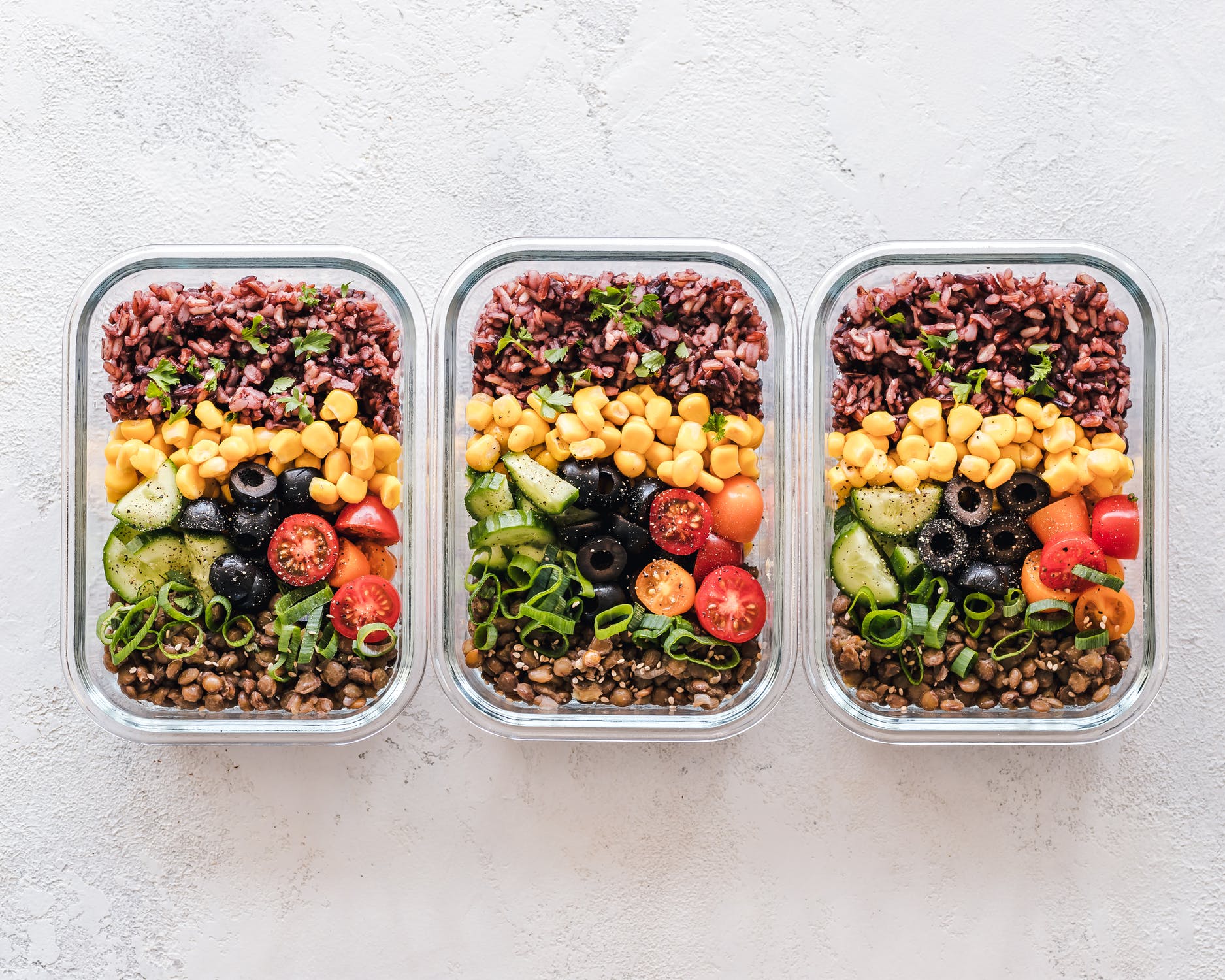
Meal Prep Guide for College Students
Two of the most commonly cited reasons for eating a poor diet are that it takes too much time and effort to cook a healthy, decent meal every time you need to eat, and it costs too much money. These are 100% valid points for the vast majority of people, but they’re especially true for the typical college student. Whether your obstacles are motivational, financial, or simply just restricted because there aren’t enough hours in the day, there’s a good solution for your problem: meal prepping.
Meal prepping saves time in the long run. It saves money because you aren’t eating out as much. But perhaps most importantly, it allows you to eat a really healthy, well-balanced diet (that still actually tastes pretty bomb, too, once you get the hang of it) without having to cook something new every dinner, lunch, or what have you. So, here are some tips for meal prepping on a student budget.
Start Small
There are zero reasons to rush right in and try to prepare enough food for an entire week right off the bat when you don’t know what you’re doing yet. Instead, try just making enough food for a day or two at first to get some sense of the kind of portions you need to make to keep yourself satisfied. Plus, if you’re not a great cook to begin with and don’t do a great job, you now only have one more subpar meal to look forward to instead of four or five. And one more point to consider: Some food tastes better as leftovers than others, and you’d probably rather invest less time into figuring this out if it’s possible.
Start Simple
Similarly, it’s probably a better idea to begin by only making easier recipes that don’t require a lot of complex, different preparations. Trying to juggle three different activities at once on your first go isn’t recommended for any new thing you might be trying, and that applies to meal prepping.
Freeze If You Can
Most meals won’t freeze well, but the consensus seems to be that some options don’t tend to have as much of an impact on taste if you decide to do it to prolong their expiration period. Things like pastas, sauces, soups, and baked items can be frozen to longer preserve their freshness.
Get the Necessary Supplies
There’s not a ton of equipment to go out and buy, but investing in about a dozen of those reusable, microwave-friendly, dishwasher-safe Tupperware-style containers you can find at any grocery or home goods store is probably a good place to start. Get a few different sizes, too, just for diversity’s sake.
Schedule a Day for Meal Prep
Just setting out a specific block of a couple of hours one day a week is a good practice to get in if you’re planning on being a competent meal prepper. Sunday afternoon is the go-to for most people because it’s usually guaranteed free time, and it sets you up with fresh food for the upcoming weekdays, but it’s really up to your personal schedule.
Be sure to check out our other great blogs here!